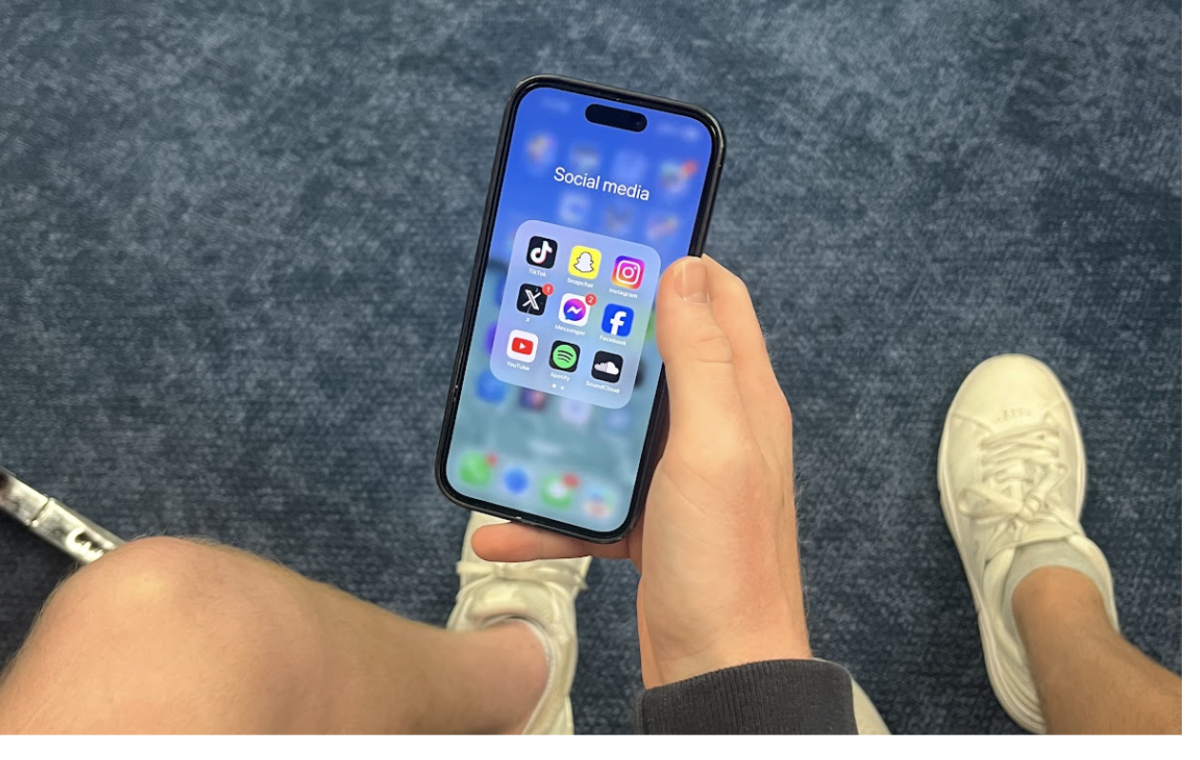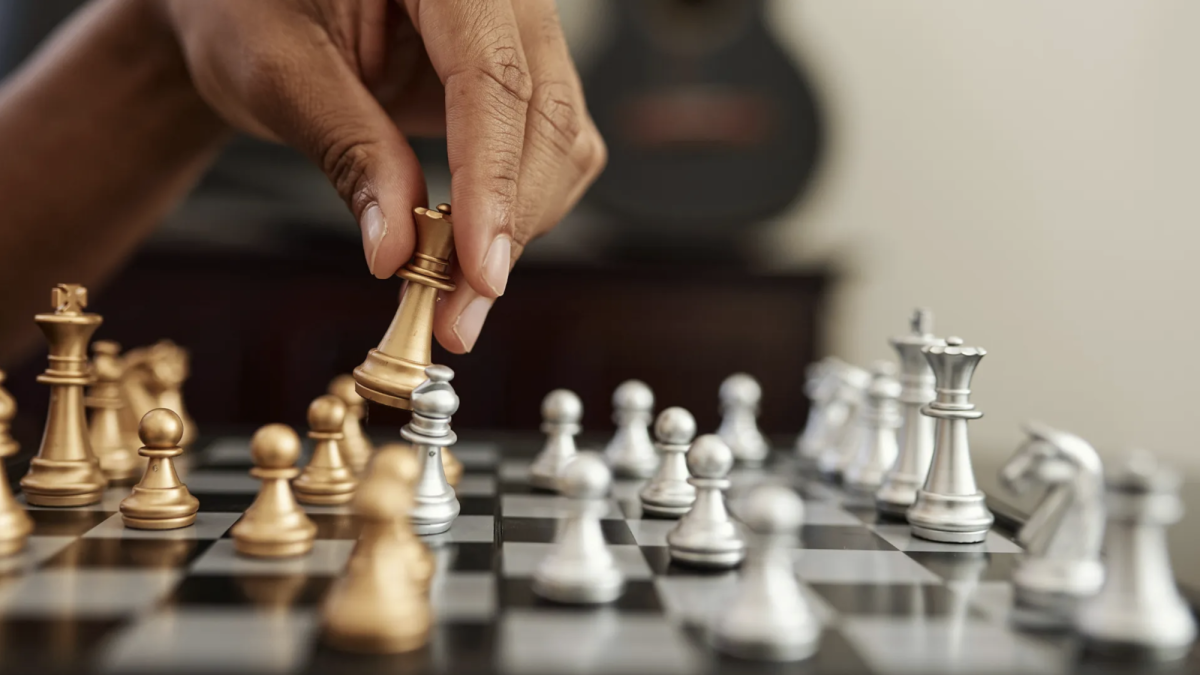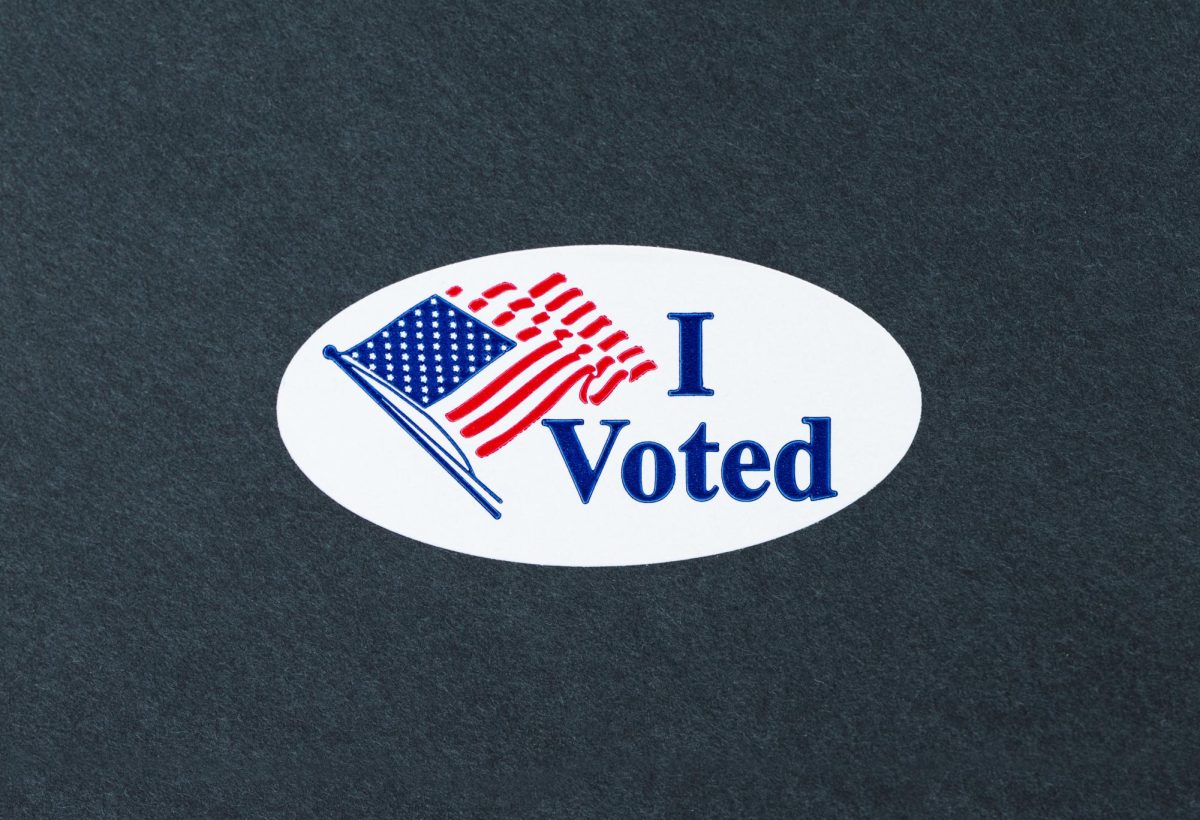On Jan. 26th, the Florida House of Representatives passed a bill to ban all types of social media for children under 16. The question is, does this law hurt kids socially? The answer to that is yes.
According to digitalcitizenship.edu, “Social media, when used in a responsible and age-appropriate way, can help children learn, think critically, and build the skills they need for the future.”
Today, society and other social activities are organized and discussed on social media platforms. The social media topics that students use in and out of school are the topics of their conversations. Students excluded from apps such as TikTok, X, and Snapchat could feel left out and excluded from discussions on that topic.
Social media platforms allow children to connect with their peers outside of school. Banning these platforms will limit their ability to stay in touch with friends and share experiences with them that they enjoy.
These conversations in and out of school would build and develop social skills. Without this social environment, children might miss opportunities to enhance these skills.
Freshmen and some sophomores are under 16, and freshman Lily Feiner is unhappy about this bill and does not think she could be without social media.
“I can’t be without social media because I feel like it is just a part of me,” Feiner explains. “This law makes no sense because we can’t connect with our friends as much out of school, and they limit what we have to do over the phone.”
Parents and other people may not think social media is where kids learn a valuable source of information. Well, it is, and banning access from this could limit their exposure to things such as the news and current events that are going on around the world. Freshman Eryn Miller adds to Feiner’s point and explains how she learns from it.
“I use social media to learn stuff, whether for the news or the latest fashion that is trending. It helps me stay in the loop with everything, and I feel like it benefits me and people under 16,” Miller explains.
Social media has its pros and cons on it being safe for children, but banning social media for children under 16 can reduce many negative things.
First of all, cyberbullying. It could protect these kids from negative experiences that they would experience online.
There would be more face-to-face interactions, and it could promote other things to do. This would enhance their ability to improve their social skills, which are essential to build meaningful relationships, and they could engage in more social interactions with all types of people.
Although Feiner believes that social media helps with her life, sophomore Julian Luiz thinks the opposite and how it benefits him more.
“To be honest, I don’t even like my phone. Whenever I am in an awkward situation, I just either go on Snapchat or scroll through TikTok, and I hate doing that,” Luiz remarks. “This law only helps me because now I can do stuff without having social media being my nervous tick, and I can do better things with my friends.”
Health is also a big part of social media because when a person is looking at their phone all day, it has “a higher energy form of radiation than what cell phones emit, and it has been found to cause some brain cancers,” according to cancer.gov.
Sophomore Marley Little agrees with Luiz and adds on in the sense of the health factor of it.
“Social media can influence kids and help them connect easier, but in my eyes, I don’t feel like I need to be attached to a device like this to communicate with my friends,” Little stated. “It makes me sick when I look at my phone for too long because I don’t want to feel stuck to a device that rotates my brain.”








